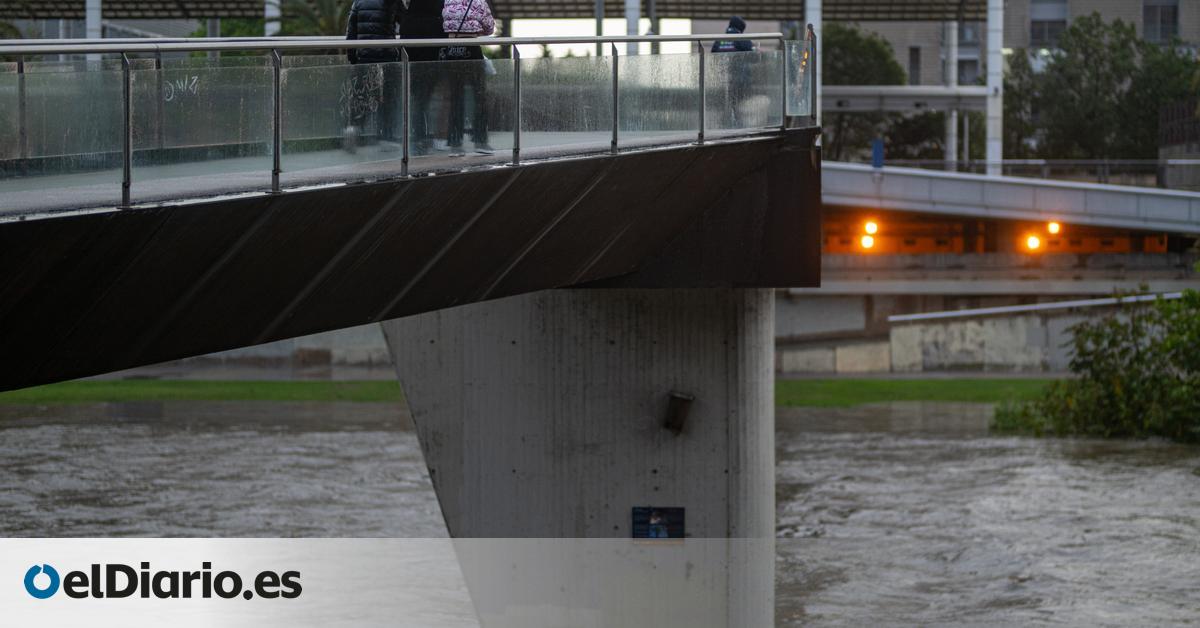
Catalonia leaves behind the drought emergency phase. This was announced by the Minister of Climate Action, David Mascort. The rains of recent days have filled the water reserves of the Ter-Llobregat system enough to lift the emergency scenario and return to the state of exceptionality.
After the rainfall that has occurred in Catalonia since Easter, the level of the reservoirs has reached 24.8%, whereas, at the beginning of March, they were at 15%.
In this way, the Interdepartmental Commission of Sequera (CIS) has decided to lift the state of emergency, which was declared on February 1, and relax the restrictions and the provision of water per inhabitant per day has been increased to 230 liters ( in emergency it was 200). The reduction in agricultural irrigation has also been reduced from 80% to 40%, from 50% to 30% in livestock use and from 25% to 15% the use of water in industrial areas.
This change “ensures the continuity of the agricultural sector, protects the environment and prevents the drought from having a direct impact on workplaces that depend on industry and other economic activities,” said Mascort. The councilor was pleased that, despite the fact that Catalonia has been experiencing the worst drought in its history for the last three years, it has been achieved that there are no effects “on daily or economic life, with the exception of the peasants, who are the ones who “They have suffered it more.”
The councilor pointed out that Catalonia is in the same situation as last year, but “much more prepared as a country.” According to Mascort, in 2023, 65% of the water consumed came from reservoirs, a percentage that this year has dropped to 50%. The difference comes from other sources such as desalination or water regeneration.
“The increase in reserves allows us to lift restrictions, but the drought is not over,” the councilor warned. Thus, the use of water to irrigate gardens and green areas, whether public or private, remains prohibited, and only survival irrigation and the use of groundwater are permitted. Nor may any lawn that is not intended for federated sports practices be watered. And filling swimming pools for private use is still prohibited.
Regarding swimming pools, the filling and refilling of public swimming pools is once again permitted, so it is no longer necessary for City Councils to declare them climate refuges. Those that still cannot be filled are the swimming pools for private use. The only exception would be for hotels, sports centers or communities, which can choose to declare them a climate refuge and open them to all citizens.
Going from a state of emergency to exceptional benefits 6 million people. “It is a phase that allows us to save time and have more room for maneuver to continue saving water without applying more restrictive measures,” Mascort pointed out.
Along these lines, the councilor has assured that the Government continues with investments to install the floating desalination plant in the port of Barcelona, as well as a dozen portable desalination plants in other Catalan regions. “We have started investments and we will not stop them, regardless of the stage we are in,” Mascort assured, with the aim of “not repeating this drought again.”
Reservoir levels have been above the emergency level for weeks. But it was not until today that the Government decided to return to the level of exceptionality and reduce the restrictions. The councilor has assured that it has taken so long to make the decision because it was based on “technical issues” and he wanted to wait to ensure a good level of reserves so as to “not have to change status every few weeks and confuse the public.” citizenship,” Mascort pointed out.
Even so, it has not gone unnoticed that the decision was made just five days before the Catalan elections this Sunday. Asked about this at a press conference, the councilor assured that the change of status is not due “in any case” to electoral reasons and has once again referred to technical reasons.
Source: www.eldiario.es

